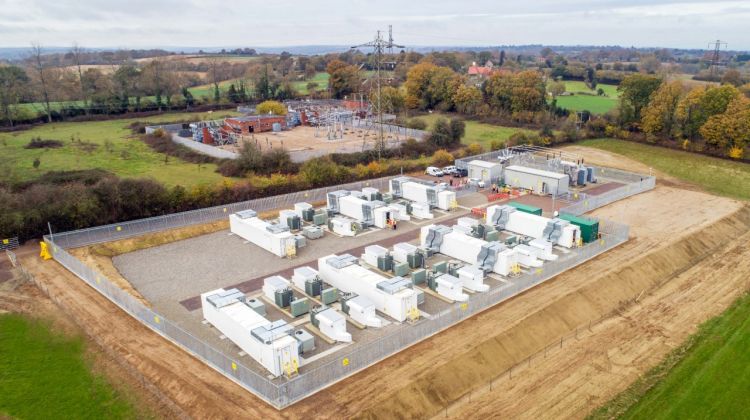Modo Energy has published new research which revealed that after the launch of the ’30-minute rule’, batteries are being dispatched for longer.
Battery dispatches had previously been limited to 15 minutes due to the ‘15-minute rule’. However, after a two-week transition period beginning on March 11, as of March 25, all submissions must now be following the ‘30-minute rule’.
The energy consultant noted that the average duration of dispatches has risen since March 11, now averaging 8.1 minutes, compared to 6.5 minutes in the two weeks prior. This marks the highest average dispatch duration since the launch of bulk dispatch for batteries in January.
Longer dispatches for batteries are happening, with 12% of these longer than 15 minutes during the transition period and a high number of 20-minute dispatches, now representing 3% of total battery dispatches.
Some Balancing Mechanism (BM) actions did last longer than 15 minutes prior to the change, such as bulk dispatch, which can send batteries longer-duration dispatches if this adheres to the energy they declare available. For example, they may be instructed to use 5MW while declaring 50MW available.
The change to bulk dispatch significantly reduced the duration of battery dispatches by over 50% on average. This is because of a shift to a larger number of very short, mostly one-minute-long dispatches.
During the transition period, longer instructions were sent via legacy manual dispatch tools. This likely explains the high number of instructions, which are exactly 20 minutes long, and the fall in one-minute dispatches.
On an energy basis, dispatches longer than 15 minutes now represent 25% of battery BM volume, up from 8% in the period from February 1. Overall, however, dispatch volumes for batteries have not increased.
Battery dispatch evolutions
Thus far, in 2024, several key changes have been made to the battery dispatch system in the UK, altering both dispatch volume and efficiency.
In March 2024, for example, Modo Energy released data confirming a 47% increase in weekly battery storage dispatched volume compared to eight weeks prior as a direct result of National Grid ESO (ESO) relaunching bulk dispatch for battery energy storage units in the BM.
The bulk dispatch functionality allows for more battery instructions to be issued simultaneously.
Once bulk dispatch had been reintroduced, Modo reported that all units saw a reduced average volume required per instruction. However, this means that batteries are being dispatched more uniformly when taken in proportion to the unit size.
Units that were seeing smaller volumes per instruction have had the smallest decrease in instruction size. Meanwhile, units that received the largest number of instructions saw the biggest reductions.
According to ESO data, approximately half of the battery unit dispatch volume is now being instructed through the Open Balancing Platform (OBP).
Moreover, the energy consultant revealed in the same month that 12% of the UK’s total battery revenues are now coming from the ESO’s Balancing Reserves (BR).
The BR service was introduced to reduce the costs of balancing the system and provide the ESO with better visibility of reserve volume.
In total, 43 batteries have participated in the service since its launch, accounting for 12% of total battery revenues, and the in-merit dispatch rate for batteries reached 8.5% in the week following the launch, higher than the previous month’s record-high figure.






